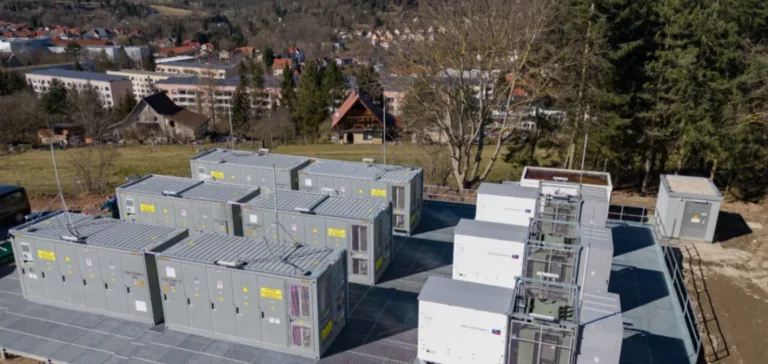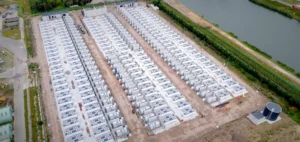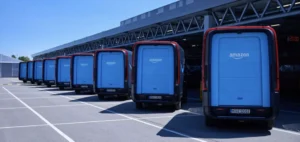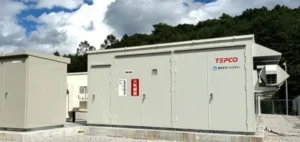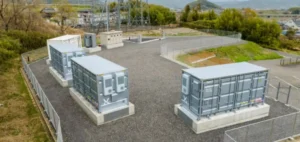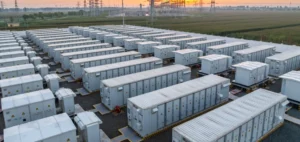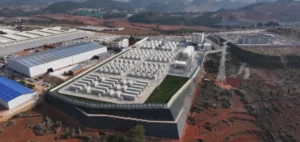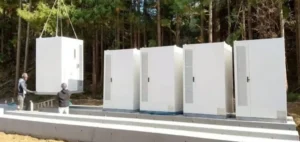The British company Pulse Clean Energy announced it has secured GBP220mn ($292.3mn) in funding from six international banks to develop six new battery energy storage sites across the United Kingdom. This new financing, agreed with Santander, NatWest, ABN AMRO, Nord/LB, Investec, and CIBC, aims to strengthen national storage capacity, considered a central link in the energy transition and the security of the electricity grid.
Strategic deployment across the United Kingdom
In its statement, Pulse Clean Energy specified that the new sites would be strategically distributed across the United Kingdom, including in Scotland, Devon, and Greater Manchester. The company did not detail the exact location of each site but indicated that this distribution aims to optimise grid resilience while facilitating the integration of intermittent renewable energies.
The United Kingdom is actively pursuing its goal of decarbonising the electricity sector by 2030, relying in particular on the massive development of storage infrastructure to accompany the rise of renewable energies. British authorities also aim to double annual investment in the clean energy industry, reaching at least GBP30mn per year by 2035.
Grid impact and expected savings
According to Pulse Clean Energy, the six new sites will represent a total capacity of more than 700 megawatt-hours (MWh). The company estimates that these installations will allow UK consumers to save more than GBP200mn by reducing reliance on natural gas and limiting associated emissions.
Nicola Johnson, Chief Financial Officer of Pulse Clean Energy, stated that “this investment demonstrates international confidence in the growth of the UK battery storage market and in the company’s ability to deliver large-scale projects.” She also emphasised that “these six facilities will improve grid resilience while offering tangible savings to consumers, especially by reducing the use of expensive backup electricity during demand peaks.”
Founded in 2022, Pulse Clean Energy plans to reach a total capacity of more than 2 gigawatt-hours (GWh) of battery storage by 2030. The UK storage market continues to attract significant capital, supporting the transformation of the country’s energy landscape.


